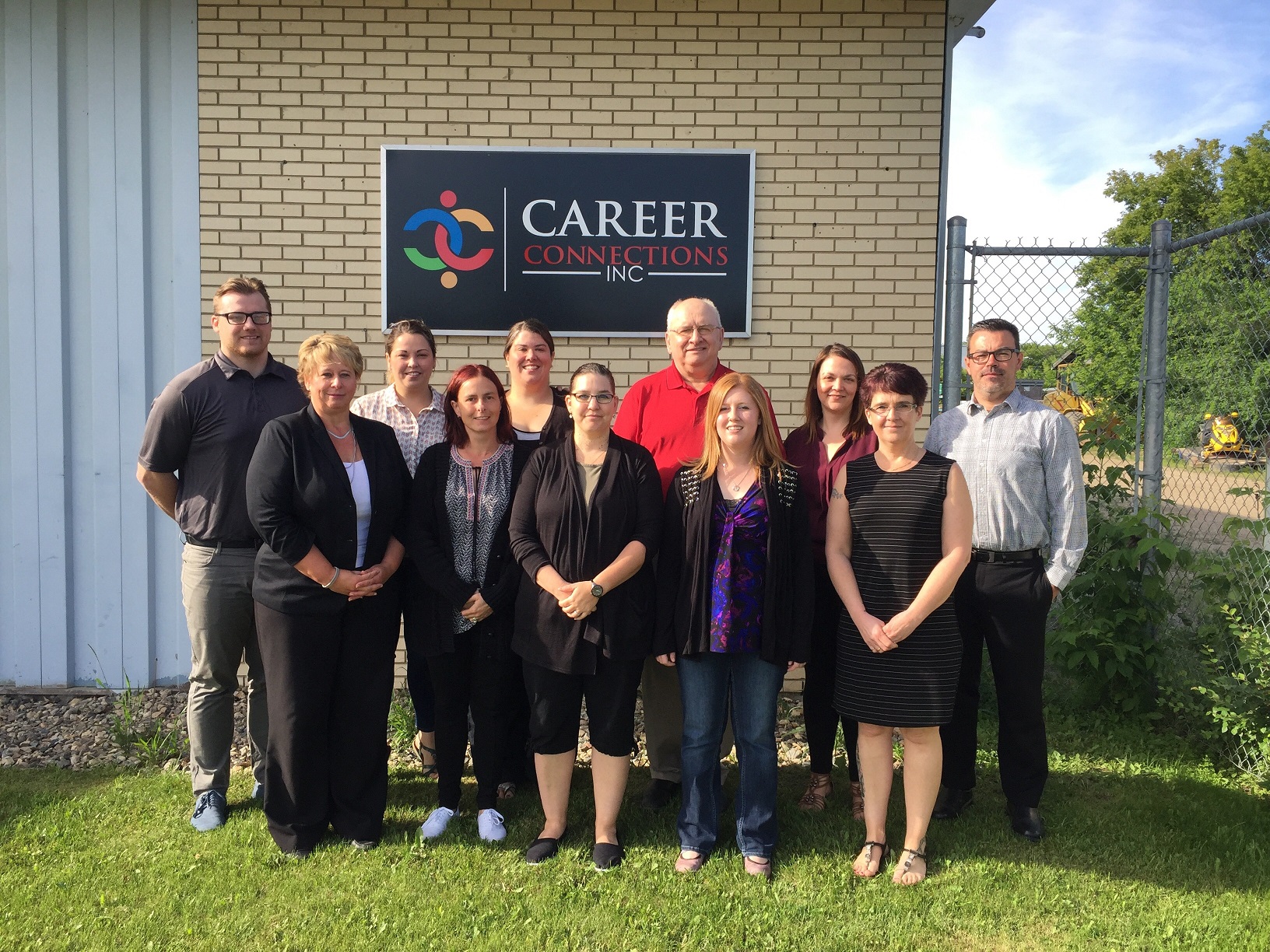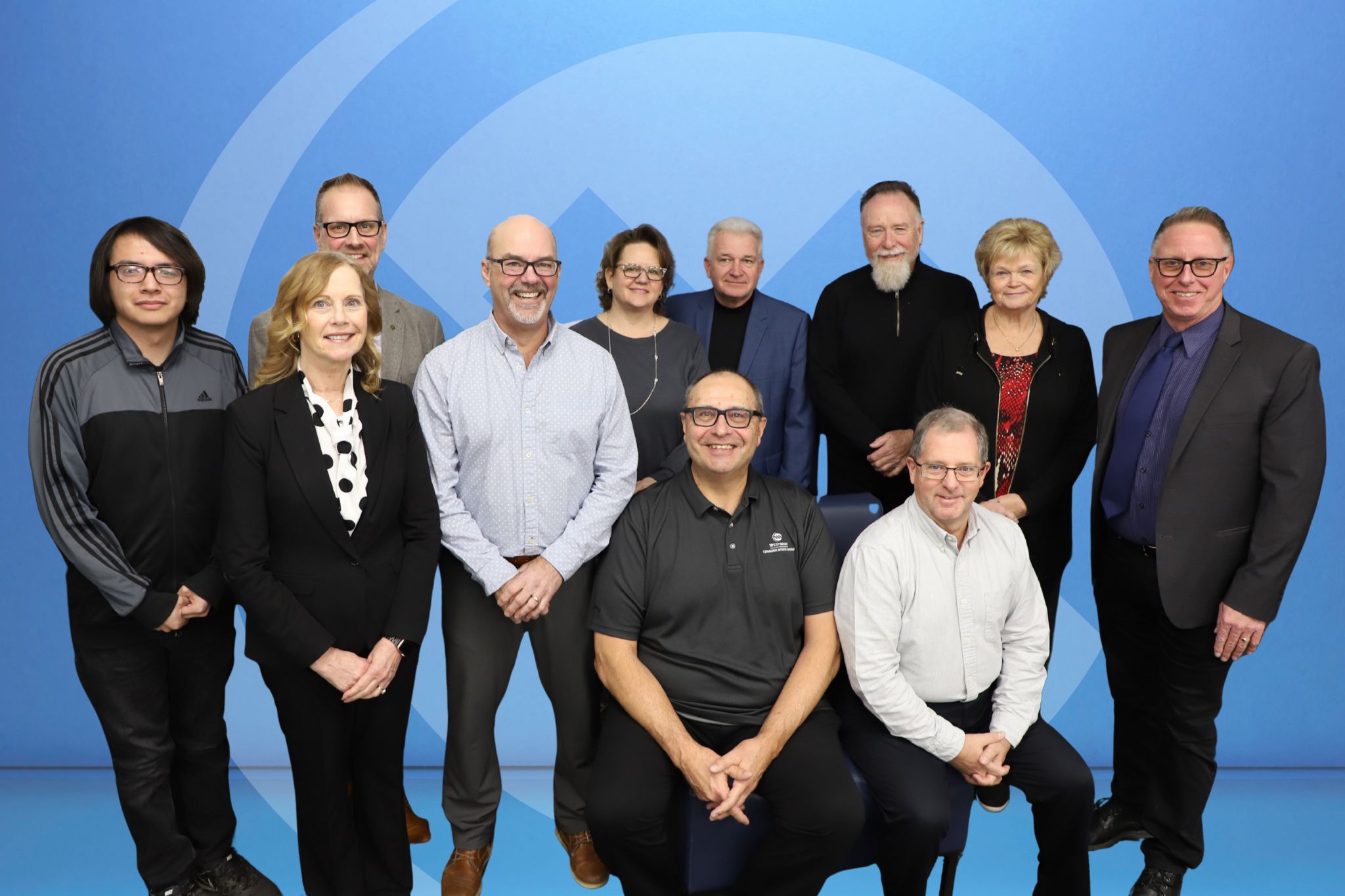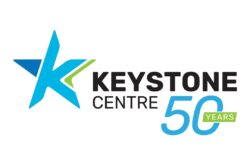Connecting to a Diverse Workforce
If you’re a manager or business owner, hiring is likely one of your top priorities. It often takes a lot of time to find just the right person to fill a position, especially when you’re looking for someone who is dedicated, reliable and safety conscious.
To help with this process, more and more businesses and organizations are turning to Career Connections.
Career Connections has a long history in western Manitoba as being one of the only employment agencies that specializes in finding employment for people living with a disability. They provide a number of different services to employers including on-the-job-training, job coaching and support, which is available on a short-term or ongoing basis.
Tracy Williams, Executive Director of Career Connections, said that as October is Disability Employment Awareness Month, she wants to highlight the benefits of hiring a diversified workforce, which include lower turn over rates, higher productivity, well trained and safety conscious employees.
“I believe that everybody deserves the right to work in their community, no matter what their abilities are. From an employers point of view, diversifying your workforce makes good business sense,” said Williams.
As an example, in six Tim Hortons stores employing staff with disabilities, turn over was at 35 per cent compared to the 75 per cent industry average. In addition, absenteeism in 2011 of the employees with disabilities in these Tim Hortons locations was zero.
Career Connections is a one-stop-shop for helping job seekers to find employment, to train prospective employees and perform evaluations. They provide two-day, full vocational assessments to determine what area their clients would be most successful in and determine what their barriers are to employment.
Referrals come from a variety of different agencies such as the Society for Manitobans with Disabilities, Canadian National Institute for the Blind, Employment Support Programming through the Government of Manitoba such as Market Abilities and Job Connections, Correctional Services of Canada and the Samaritan House Training Centre.
“We could potential service as many as 250 people in a year, which may be people who are looking for employment or are already working and being maintained,” said Williams. “With our caseload we assist people with physical disabilities, hearing impairment, vision impairment, mental health issues, learning disabilities, we’ve had clients who are ex Military members and ex RCMP officers. There are many barriers to employment, but it’s our job to help identify that barrier and put together a supportive vocational plan that works for both the client and eventually the employer.”


 -13.8°C Brandon,CA
-13.8°C Brandon,CA



 63
63










